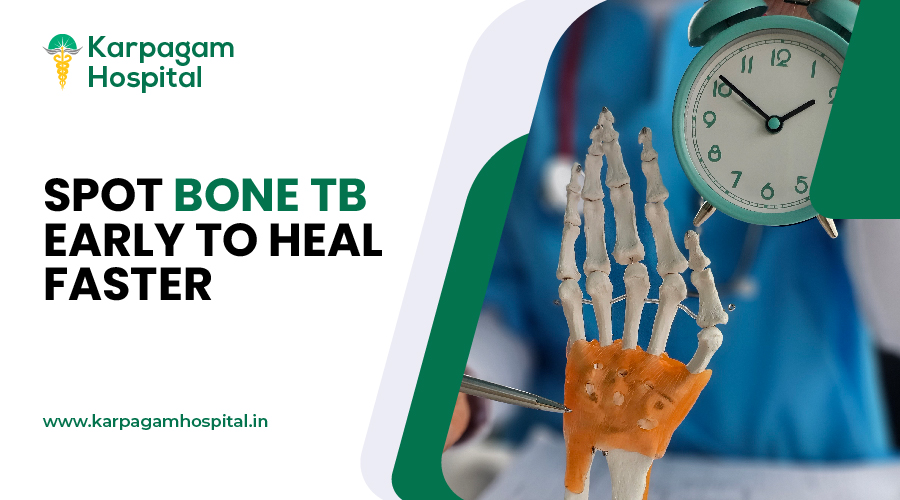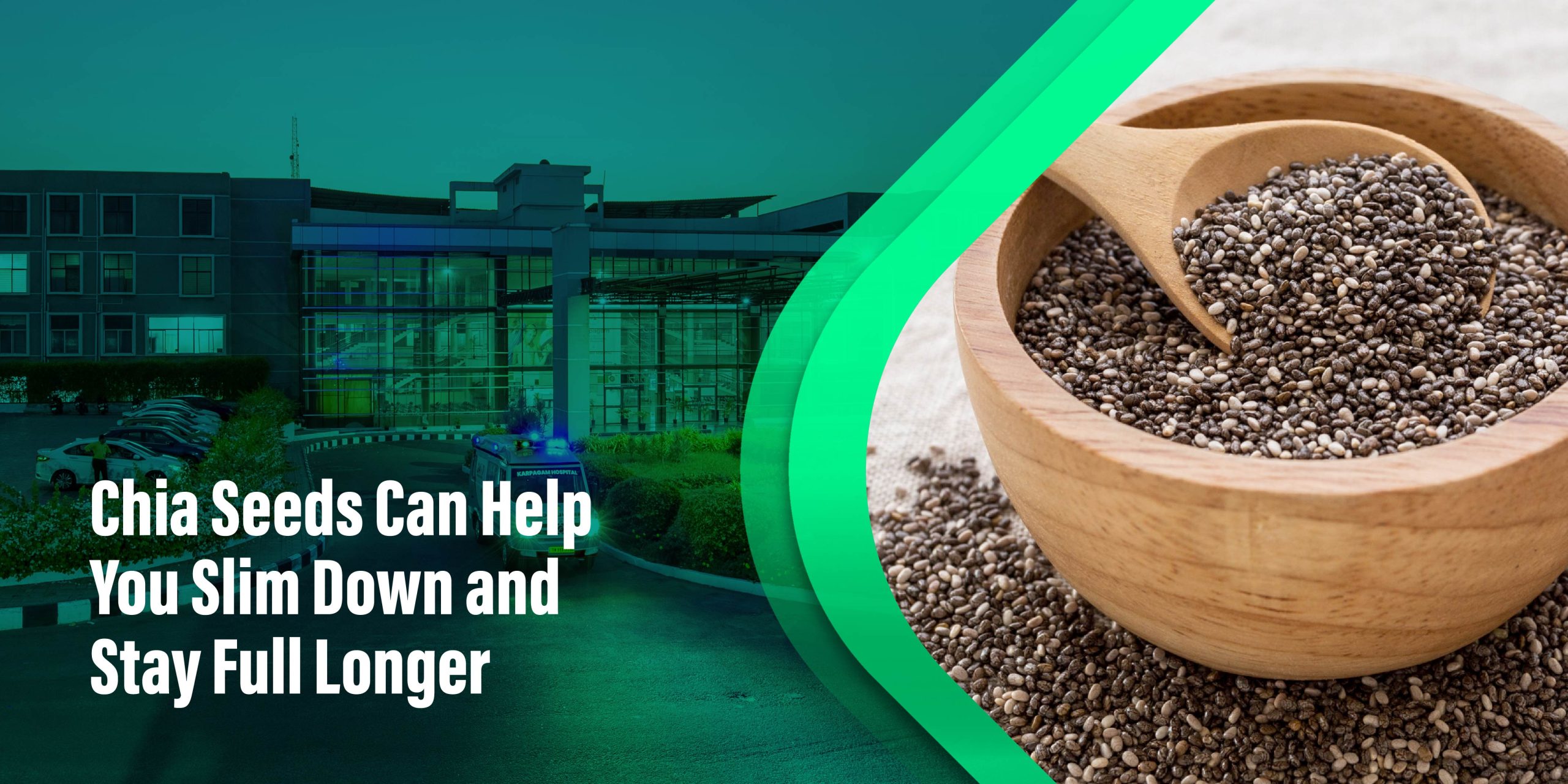Introduction
It’s that time of the month and you are wrapped up on the couch with a heating pad. You have strong cravings and are longing for that dish of creamy curd that’s in the refrigerator. However you recall that someone once said “Curd? When you are menstruating? That’s a huge NO. Now you are wondering whether there’s any truth behind this or if it’s just another myth that has to be debunked.
You are not the only one who is confused. So don’t worry. Dietary restrictions are frequently included in the unwanted advice that comes with periods. Let’s explore whether you can eat curd during periods.
Is Eating Curd Safe During Menstruation? Debunking Myths and Understanding the Benefits
Curd is a healthy and beneficial food to consume during menstruation, as it helps alleviate cramps, improve digestion, and boost mood. Despite common myths, it can be an excellent addition to your diet during your period.
The Myth: Why Do People Say No to Curd During Periods?
Many times cultural customs or lack of knowledge lead to the misconception that curd is restricted during menstruation. It can raise questions like Can curd delay periods? Although there are many possible explanations for this myth, the following are the most often accepted ones:
Curd’s Cold Properties: According to some, curd is naturally “cold” for the body and could worsen menstrual symptoms such as bloating or cramping.
Digestive Issues: Eating curd while on your period is thought to cause indigestion or upset stomach.
Old Wives’ Tales: This may be one of the many myths about periods that have been passed down through the generations without any scientific support.
The Truth: Can We Eat Curd During Periods?
You can definitely eat curd during your periods. When those annoying cramps and mood swings strike hard, curd could turn into your best friend. Here’s why:
Rich in Calcium and Magnesium: Menstrual cramps may be reduced by the calcium and magnesium found in curd. While magnesium helps reduce bloating and elevate your mood, calcium is believed to soothe the muscles of your uterus.
Probiotic Power: The probiotics in the curd are excellent for gut health. They maintain proper digestion which is particularly beneficial if you have irregular bowel movements or bloating during your period.
Also Read:- Best Gastro Care Hospital in Coimbatore for all Stomach Problems
Mood Booster: Tryptophan, an amino acid found in curd helps produce serotonin which is your feel-good hormone. Eating curd could therefore help control those mood swings.
Hydration and Cooling Effect: Although curd is considered “cooling” for the body, it can actually be beneficial. During your period, it might be a relief because it keeps you hydrated and helps minimize irritation.
Debunking the Myths
Let’s debunk some prevalent myths about menstruation and curd.
Myth 1: Curd Worsens Cramps
The Fact: There is no proof that curd makes cramps worse. Curd’s calcium content may actually relieve and lessen muscle spasms.
Myth 2: Curd Upsets Your Stomach
The Fact: Curd’s probiotics can enhance digestion rather than interfere with it. Curd is unlikely to cause any digestive problems unless you have a dairy allergy or lactose intolerance.
Myth 3: Curd Is Too Cold for the Body
The Fact: The concept of cold and hot foods is based on custom rather than science. Moderate consumption of curd won’t worsen your menstrual symptoms. You can use room-temperature curd rather than cooled curd if you frequently have colds or sore throats.
Benefits of Eating curd During Periods
Still not convinced? Here’s a little breakdown of how curd can help you cope with your period days:
Reduces Inflammation: The cooling properties of curd can help in reducing inflammation in the body which can reduce some discomfort.
Enhances Gut Health: Probiotics in the curd can help you to get rid off your bloating and digestive problems.
Boosts Energy: When exhaustion strikes, the proteins and vitamins in curd keep you going.
Improves Mood: Curd’s serotonin-boosting qualities can make you feel happier and less irritable.
Eating curd during periods is a good practice, as it provides essential nutrients that support your health. For more detailed advice on maintaining women’s health and the importance of regular screenings, check out our blog on Women’s Health: Essential Screenings and Preventive Care.
How to Enjoy Curd During Your Period?
Now that we know curd is harmless and even healthy, let’s discuss how to incorporate it into your diet while menstruating:
Curd Rice: It is a traditional comfort food that is easy on the stomach.
Smoothies: Combine curd with your favorite fruits for a nutrient-rich smoothie.
Raita: For a refreshing side dish, combine curd with grated carrots or cucumber.
Paratha with Curd: For people who are craving something filling but calming, paratha with curd is ideal.
When to Avoid Curd?
There are certain exceptions to the general rule that curd is safe:
Lactose Intolerance: Curd may make you feel bloated or uncomfortable if you have lactose intolerance.
Cold or Sore Throat: Steer clear of chilled curd if you already have a cold.
Allergies: Avoid curd completely if you have a dairy allergy.
So, is eating curd okay when you are menstruating? Of course. In addition to being safe, it’s good for your general health and well-being. When cravings strike, don’t let outdated myths prevent you from indulging in a bowl of creamy curd. Just keep in mind that you should pay attention to your body and do what feels right. When you have menstrual problems, you must visit the best Obstetrics and Gynaecology Hospital in Coimbatore, rather than blaming curd or any other food.
Keep yourself educated and indulge in that curd guilt-free. Your body will appreciate it.
Conclusion
Eating curd during your period is perfectly fine and even beneficial. It can help alleviate cramps, boost mood, and support digestion. Don’t let old myths stop you from enjoying its nutritional benefits. Always listen to your body, and enjoy curd as part of a healthy, balanced diet during menstruation.
Disclaimer:
The information provided in this blog post is intended for general informational purposes only. It is not a substitute for professional medical advice, diagnosis, or treatment. Always seek the advice of your physician or other qualified healthcare provider with any questions you may have regarding a medical condition. Never disregard professional medical advice or delay in seeking it because of something you have read in this blog.








